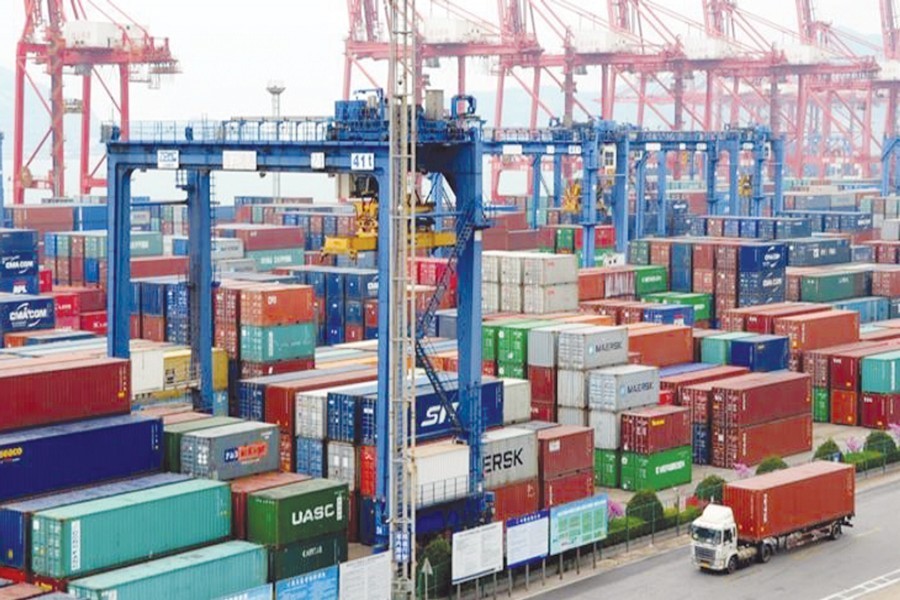It is disheartening to see that the Bangladesh Accreditation Board (BAB) established way back in 2006 by an Act of Parliament is still not in a position to deliver the required services to exporters. No doubt setting up of the BAB did promise a lot of relief for the country's exporters who had to obtain pre-shipment certification of their merchandise from overseas testing laboratories at exorbitant costs. Besides costs, the longer lead time they had to endure compared to their competitors in other countries rendered their exports less competitive.
Unfortunately, however, the situation has not changed. A news story published in the FE last week revealed a rather grim picture as regards certification of export products. Ideally, the BAB, recognised by international accreditation agencies like the Asia-Pacific Laboratory Accreditation Cooperation (APLAC) and the International Laboratory Accreditation Corporation (ILAC) since 2015, is the appropriate body in the country to authorise well equipped local labs to issue certificates prior to shipment of export merchandise. Accordingly, the Bangladesh Council of Scientific and Industrial Research (BCSIR) and the Bangladesh Standards and Testing Institution (BSTI) are among the few testing bodies authorised to do the job. But as reported in the FE story, exporters are facing serious problems as the certificates are not always accepted by overseas buyers. Fearing rejection, many exporters do not feel secure to get their samples tested and certified by the aforementioned legitimately accredited local labs, but prefer to go for third party certification from foreign labs-at high cost and longer lead time. As a result, exporters of pharmaceuticals, jute, leather, plastic, horticulture products, frozen food among others are reportedly hard hit.
In view of the prevailing situation, a study conducted by the Bangladesh Foreign Trade Institute (BFTI) shows that while deficiency in testing processes of the accredited labs is one common reason for non-acceptance of the certificates, lack of compliance as regards various country-specific standards of the destination countries is also a major reason for rejection. Despite being accredited by the BAB, the study says, certification provided by institutions like the Fish Inspection and Quality Control (FIQC) and the BSTI are not accepted by many importers. As for BCSIR, the study says it is capable of testing some parameters, but the tests are not recognised by all buyers. To boost the capacity of certifying agencies, the study recommended developing a national quality infrastructure (NQI), building capacity of allied institutions and executing the National Quality Policy.
The situation calls for serious attention. It is upsetting for exporters that they still have to obtain certification from overseas labs even though the BAB and some accredited labs are there to do the job. The authorities need to urgently work out plans for required improvement in the testing protocols of the accredited labs. And in doing so, it is crucial to make sure that the procedures do conform to those of the importing countries. Also, facilities should be there for syncronising testing procedures with product-specific and country-specific testing needs.


